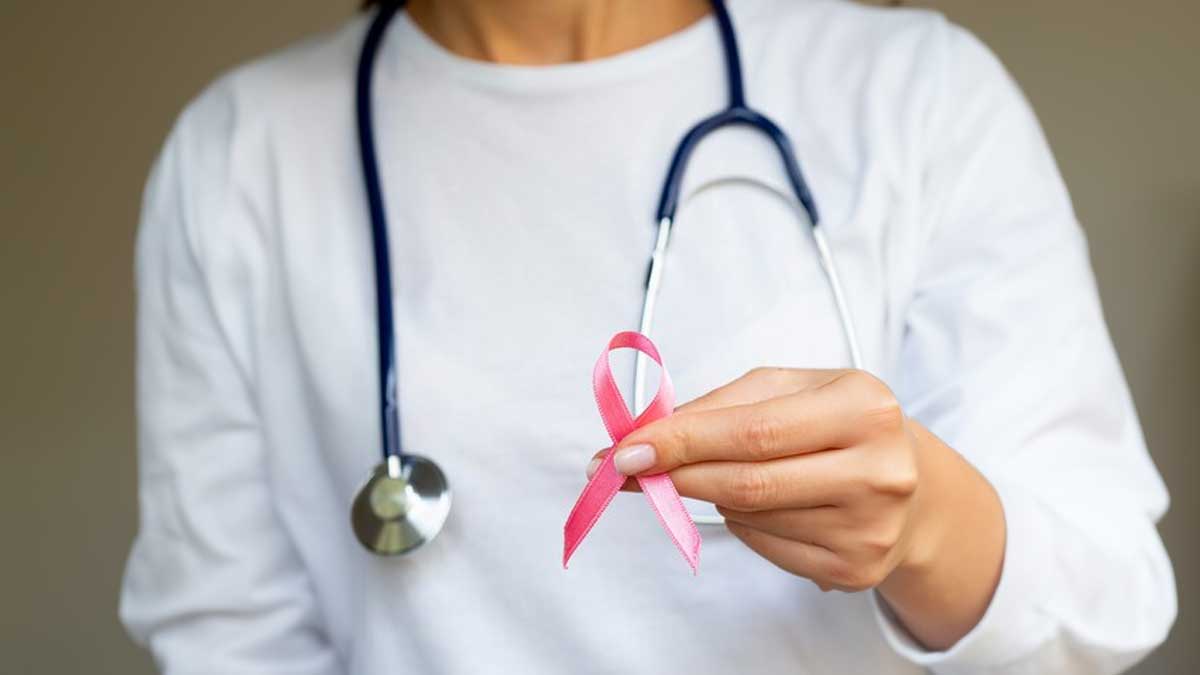
The word Cancer strikes fear into the hearts of millions, and the mere mention of Cancer often conjures images of relentless battles, harsh treatments, and uncertain futures. Breast Cancer is one of the most common cancers today and with increasing awareness, self-breast examination & mammography the number of survivors is far more than the mortality associated with the disease. For Breast Cancer survivours, the battle against the disease is often only the beginning of a lifelong journey filled with a lot of uncertainty about their health.
Table of Content:-
Preventive Mastectomy and Oophorectomy
“The decision to undergo preventive Mastectomy (breast removal) and Oophorectomy (ovary removal) should be individualised. It depends on a person's specific medical history, genetic factors, and personal preferences. Not all Breast Cancer survivors are at the same risk level, and alternative risk-reduction strategies exist,” said Dr Shishir Shetty, Head of Department-Oncology, Fortis Vashi.
“While preventive surgeries significantly reduce the risk of Breast and Ovarian Cancer, they do not guarantee 100% prevention. There is still a small chance of developing Cancer because it is impossible to remove every at-risk cell. Regular surveillance and follow-up care are essential even after surgery,” she added.

Also read: Can Eating Burnt Foods Increase Cancer Risk?
Also, surgery to remove breasts and ovaries can have a profound emotional and psychological impact. Body image, self-esteem, and sexuality may be affected. Additionally, Oophorectomy, especially before menopause, can induce hormonal changes and early menopause, leading to potential health issues.
Preventive Surgery
“The decision about preventive surgery should not be rushed. Breast Cancer survivors should take the time to gather information, consult with healthcare professionals, and consider their long-term goals. These decisions should be made with a clear understanding of the risks and benefits involved,” Dr Shetty said.
The surgical options vary. For Breast Cancer survivors considering Mastectomy, there are choices such as single or double Mastectomy, with or without breast reconstruction. The surgical approach should be tailored to an individual's specific circumstances and preferences.
Surgery is just one step in a Breast Cancer survivor's journey. Regular follow-up care and surveillance are essential to monitor for any signs of Cancer recurrence. Emotional and psychological support should also be considered, as the impact of surgery can be long-lasting.

Also, family planning is an important consideration, but it should be balanced with cancer risk. Some people may choose to complete their families before undergoing preventive surgeries, while others may opt for fertility preservation methods or carefully time their surgeries to align with their family planning goals.
There are alternative risk-reduction strategies beyond surgery. Increased surveillance, such as regular mammograms and pelvic ultrasounds, can detect Cancer at early stages. Chemoprevention medications, like Tamoxifen, may be recommended in some cases. These alternatives can be effective and less invasive for those who wish to avoid surgery.
Also read: Breast Cancer Awareness Month: 5 Yoga Poses for Better Breast Health
The question of whether Breast Cancer survivors should remove their breasts and ovaries due to future cancer risk is complex and deeply personal. It involves a careful weighing of genetic factors, medical history, alternative risk-reduction measures, quality of life considerations, and family planning goals.
Also watch this video
How we keep this article up to date:
We work with experts and keep a close eye on the latest in health and wellness. Whenever there is a new research or helpful information, we update our articles with accurate and useful advice.
Current Version